No birds singing any more???
desperationfalls
15 years ago
Related Stories
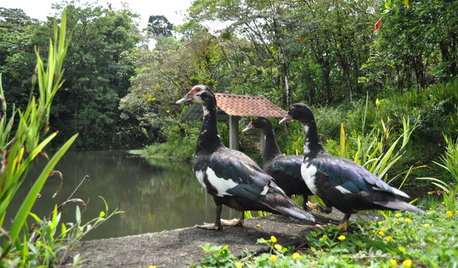
LIFEYou Said It: ‘The Birds Will Thank You’ and More Houzz Quotables
Design advice, inspiration and observations that struck a chord this week
Full Story
GARDENING AND LANDSCAPINGColor Makes a Garden Dining Room Sing in Santa Fe
Vibrant stucco walls, living art and chic furniture harmonize in an outdoor dining room in New Mexico
Full Story
HOUZZ TOURSMy Houzz: A Fort Worth Cottage to Make Your Heart Sing
Choosing for love leads to delightfully unexpected colors, patterns and artworks in a Texas couple’s home
Full Story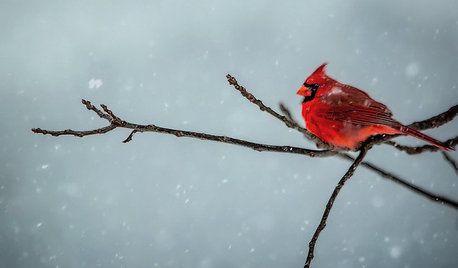
GARDENING GUIDESBackyard Birds: Northern Cardinals in the Snow, and Other Red Birds
Brilliant crimson feathers make these friends stand out in a crowd
Full Story
DECORATING GUIDESMore Is More: The 10 Tenets of Maximalist Style
Ready to join the school of over-the-top design? Learn how to embrace excess in your interiors
Full Story
INSPIRING GARDENSLawn Gives Way to a More Natural Lakeside Garden
Meadow grasses, beach pebbles and driftwood replace turfgrass in a nature-friendly landscape on Lake Washington’s shore
Full Story
SMALL HOMESMy Houzz: Color and Pattern Make a Manhattan Apartment Sing
Wild colors, fearless patterns and a bit of burlesque show that downsizing doesn't have to mean cutting style short
Full Story
THE ART OF ARCHITECTURE16 Architectural Details That Sing
Get inspired by construction details as important as the building itself
Full Story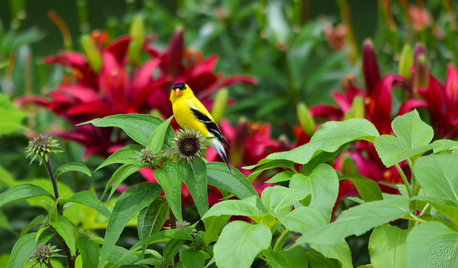
GARDENING GUIDES13 North American Backyard Birds to Know
Find out about these enchanting native species and learn how to attract them to your yard
Full Story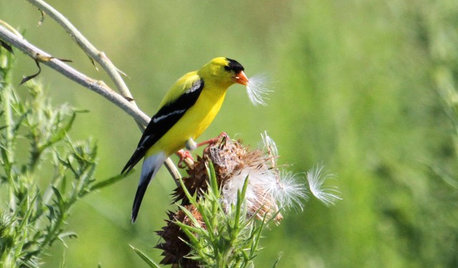
GARDENING FOR BIRDSWild Birds Transform a Woman’s Garden and Life
How Sharon Sorenson created a wildlife haven and became the Bird Lady of Southern Indiana
Full Story





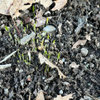

diggingthedirt
runktrun
Related Professionals
Ilchester Landscape Architects & Landscape Designers · Kenmore Landscape Architects & Landscape Designers · Forest City Landscape Architects & Landscape Designers · Pelham Landscape Contractors · Wake Forest Landscape Contractors · Bainbridge Island Landscape Contractors · Hayden Landscape Contractors · La Verne Landscape Contractors · Midland Landscape Contractors · Tinton Falls Landscape Contractors · Casselberry Landscape Contractors · Brooklyn Park Decks, Patios & Outdoor Enclosures · Fort Lee Decks, Patios & Outdoor Enclosures · Frederick Decks, Patios & Outdoor Enclosures · Pittsburgh Decks, Patios & Outdoor Enclosuresclaireplymouth z6b coastal MA
arbo_retum
claireplymouth z6b coastal MA
runktrun
claireplymouth z6b coastal MA
runktrun
User
desperationfallsOriginal Author
spedigrees z4VT
spedigrees z4VT
claireplymouth z6b coastal MA
terrene
claireplymouth z6b coastal MA
desperationfallsOriginal Author
claireplymouth z6b coastal MA
claireplymouth z6b coastal MA
desperationfallsOriginal Author
claireplymouth z6b coastal MA
terrene